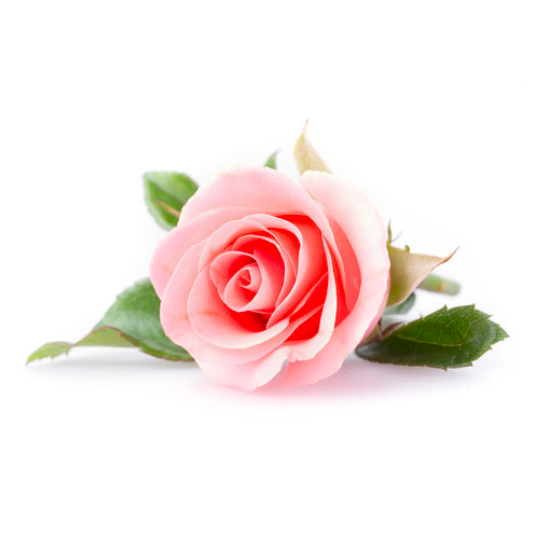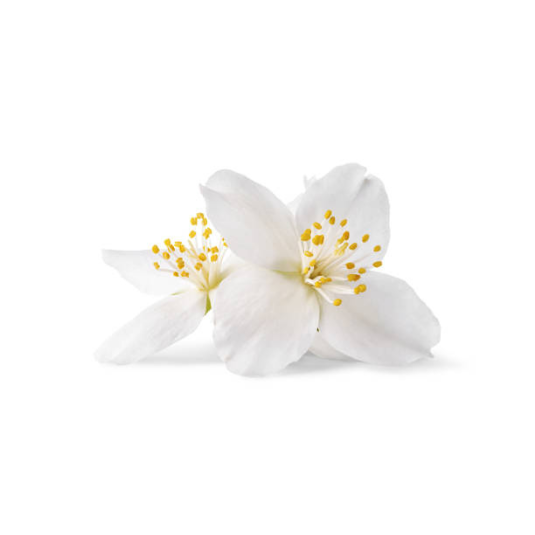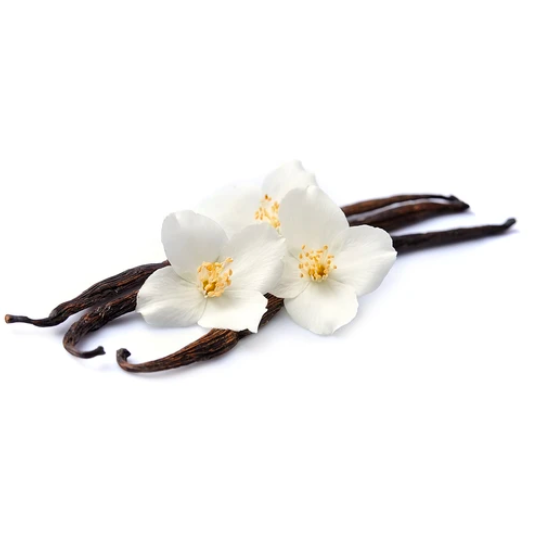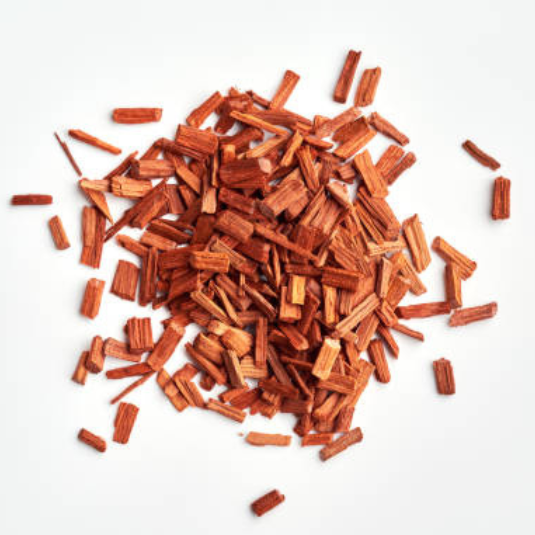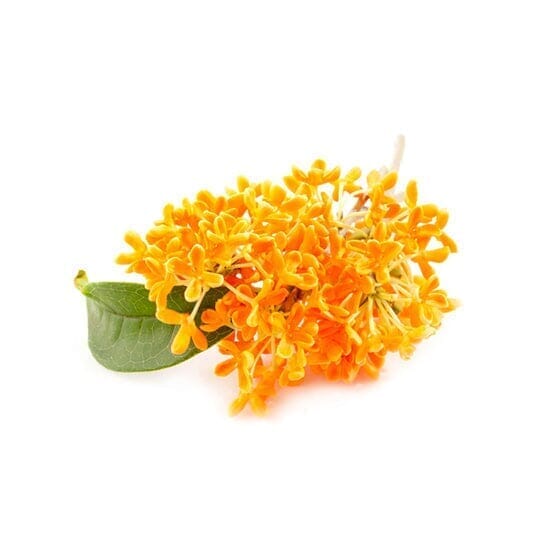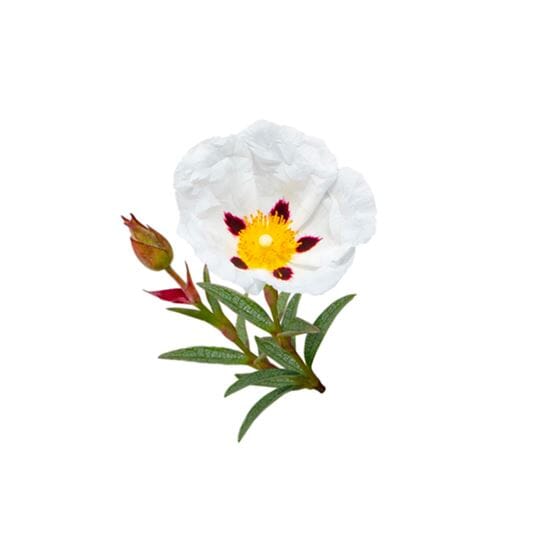Good Perfumer X Davana
Eau de Parfum 106 is sensual and bold. Intoxicating and sweet, Damascus rose radiates throughout the fragrance. A twist of pink pepper brings a touch of freshness. Then, velvety rose petals blend with the creation's musky and vanilla notes. Davana, fruity and sweet, further enriches this olfactory creation, perfect for night owls.
What does the word "Davana" mean?
The name "davana" refers to an aromatic plant belonging to the Asteraceae family, scientifically known by the botanical name Artemisia pallens. This plant is native to India, where it is widely cultivated for its olfactory and medicinal properties.
The etymology of the term "davana" is not clearly established, but it is believed to derive from the Tamil word "tavam," meaning "perfume." This is consistent with the plant's traditional uses in perfumery and aromatherapy.
In the beginning…
The history of davana dates back centuries in India. It was traditionally used for medicinal and olfactory purposes by local people. The leaves and flowers of the plant were used for their healing properties and captivating fragrance.
Over time, davana has gained popularity as an ingredient in the perfume industry, both in India and internationally. Its warm, fruity, and sweet fragrance has earned it a place in various perfume genres, from amber and gourmand to floral and exotic. Today, davana is cultivated primarily in India for its essential oil, extracted by steam distillation from the aerial parts of the plant.
Davana Culture
Davana -growing regions are mainly located in India. Among these regions, Karnataka and Tamil Nadu are renowned for their davana cultivation.
In the lush green landscapes of Karnataka, districts such as Hassa and Mysore are home to farms where these precious plants are carefully cultivated. The ideal climatic conditions, with warm temperatures and relatively high humidity, favor their lush growth. Local farmers, who have inherited ancestral knowledge, strive to preserve traditional methods of cultivation and harvesting. Similarly, Tamil Nadu offers fertile soil conducive to the cultivation of davana. In regions such as Villupuram, Dindigul, and Trichy, fields stretch as far as the eye can see, testifying to the importance of this crop.
Davana planting is an ancient art, passed down from generation to generation in growing regions. It usually begins at the end of the rainy season. Davana seeds, often pre-germinated to facilitate germination, are sown at an appropriate depth in prepared seedbeds. The beds are covered with a thin layer of organic mulch to help retain soil moisture and protect the young shoots. After germination, the davana seedlings are transplanted into carefully prepared fields. Adequate distance is maintained between the seedlings to allow for optimal growth and development. Farmers ensure that the seedlings receive regular watering to maintain adequate soil moisture.
Davana thrives by developing a strong root system that absorbs nutrients from the soil, while the stems elongate, allowing the leaves to capture sunlight for photosynthesis. When mature, it produces delicate yellow flowers that add color to the plant. These flowers are followed by the formation of small seeds for reproduction. The seeds can be harvested for later use or left for natural propagation.
Davana is generally harvested when the flowers are in full bloom. This is when the aerial parts of the plant contain the highest number of olfactory compounds. Experienced harvesters carefully choose the appropriate times of day for harvesting, often early in the morning when the flowers are fresh and humidity levels are higher. The harvesters go to the davana fields and begin harvesting the aerial parts of the plant. The flowers, leaves, and stems are carefully cut with scissors or small knives, taking care not to damage the surrounding plants. The harvesters work carefully to avoid compromising the quality of the harvested parts.
What did you know about Davana in perfumery?
After harvesting, davana distillation involves drying the plant parts, followed by steam distillation. Volatile compounds are carried away by the steam, which is then condensed to obtain the essential oil. This method extracts the distinctive aromas of davana for use in perfumery and aromatherapy.
Davana has a unique olfactory profile , blending sweet, fruity, and floral notes. Its fragrance is warm, exotic, and slightly spicy, with hints of ripe fruits such as plum and apricot. It also exudes a honeyed sweetness and a subtle herbal nuance, making it highly prized in perfumery.
Ultimately, the davana olfactory accord creates a captivating symphony of sweet, fruity, and floral notes. Its plum and apricot aromas blend harmoniously with nuances of exotic fruits and honey, bringing an intoxicating sweetness. Herbal and slightly spicy touches add a fascinating dimension to this accord. The whole unfolds with a velvety warmth and exotic elegance, captivating the senses and evoking a mysterious and seductive aura in perfume compositions.
GOOD TO KNOW!
Davana offers a multitude of benefits and virtues for health and well-being. Thanks to its properties, it is used in various fields. On an emotional level, davana is renowned for its relaxing and calming effects. Its aromas help reduce stress and anxiety and promote a sense of inner calm.
Davana also has aphrodisiac properties, thanks to its sensual and captivating scent. It can stimulate libido and revive sensuality. In traditional medicine, davana is used for its anti-inflammatory and antispasmodic properties. It can be beneficial in relieving muscle pain and spasms. Additionally, it is considered a digestive stimulant, helping to soothe gastrointestinal problems such as indigestion and abdominal cramps.
Additionally, davana is used for its positive effects on the skin. It is known for its regenerative and antioxidant properties, which can help improve the appearance of skin, reduce the signs of aging, and promote radiant skin. However, it should be noted that the benefits and virtues of davana may vary depending on the individual and the method of use. It is recommended to consult a healthcare professional or qualified aromatherapist before using davana for therapeutic purposes.
Some legendary perfumes at Davana
Davana, an exotic and captivating note, reveals itself in all its splendor. In its top note, it delights with its sweet and fruity fragrance, while in its middle note, it reveals its honeyed sweetness and subtle herbaceous character. In its base note, it leaves a warm and exotic trail that lingers delicately on the skin. Several famous perfumes incorporate davana into their compositions to create distinctive olfactory notes. Here are some examples of well-known perfumes that use davana:
• Nomade Absolue by Chloé . Elegant and poetic, this eau de parfum for women offers mirabelle plum as a top note and a warm heart of davana and oak moss.
• If Eau de parfum Intense by Giorgio Armani is a feminine eau de parfum with a blend of blackcurrant, davana and patchouli, for an oriental fragrance ideal for all circumstances.
• Armani Idole Eau de Parfum is a bold and modern fragrance that celebrates female empowerment. With notes of pear, rose, and musk, it embodies the spirit of confidence and determination, inspiring women to be the best version of themselves.
• Honeysuckle & Davana by Jo Malone London is a captivating men's fragrance that combines the delicacy of honeysuckle with the exotic sensuality of davana. The sweet floral notes of honeysuckle intertwine with the fruity and spicy accents of davana to create a captivating fragrance that is both luminous and intoxicating. A scent that evokes lush nature and brings a touch of sophistication to any occasion.
• Givenchy pour Homme by Givenchy is a classic and elegant eau de toilette that embodies refined masculinity. Its notes of bergamot, lavender and vetiver create a fresh and timeless blend, offering a sophisticated and seductive fragrance for the modern man




